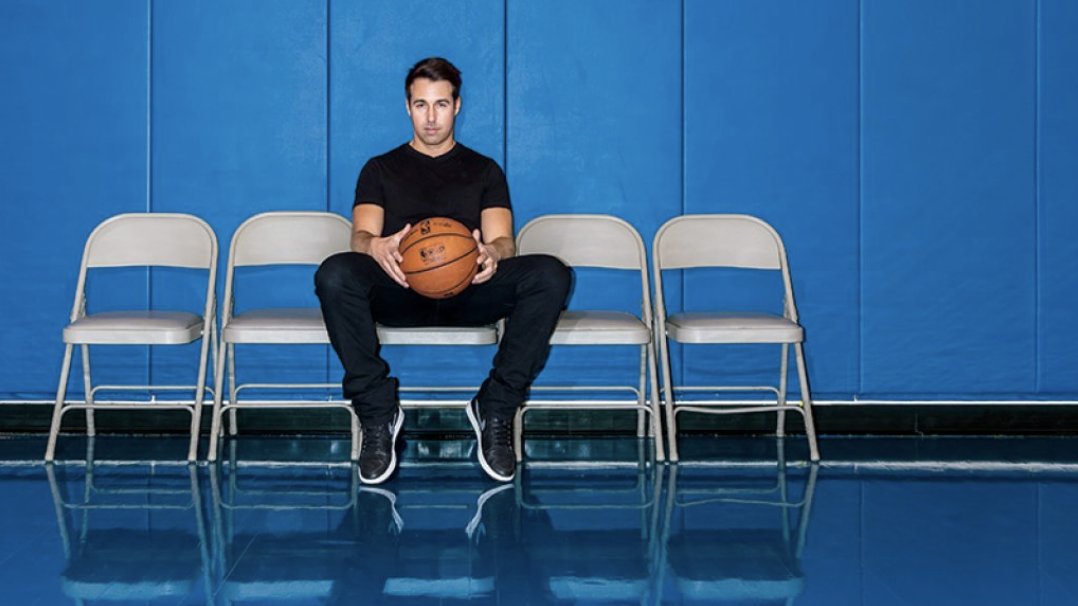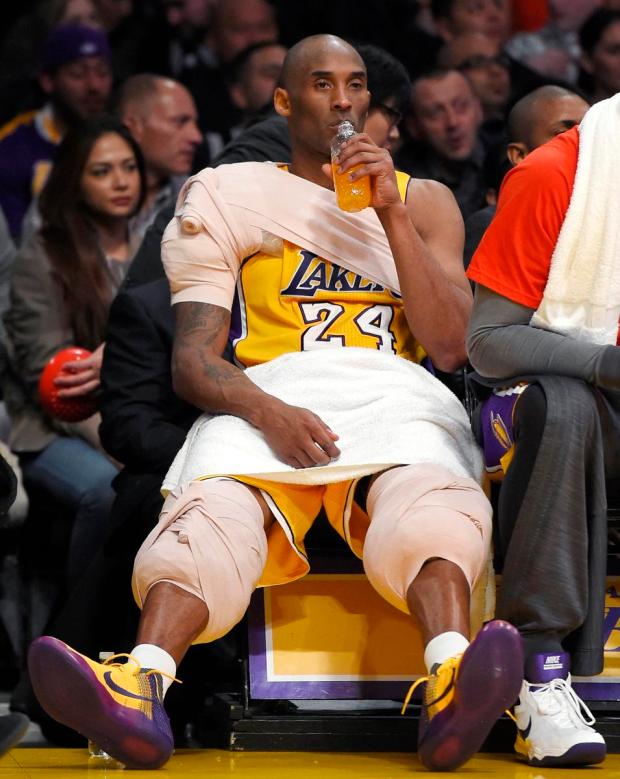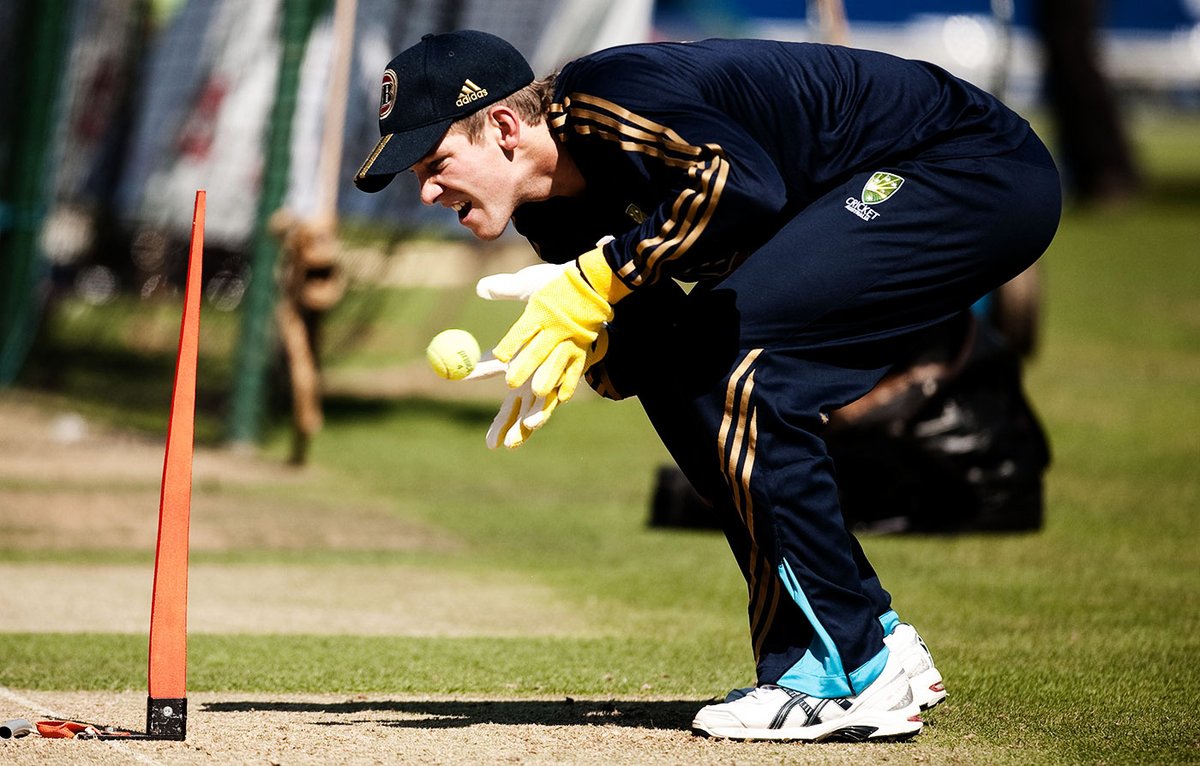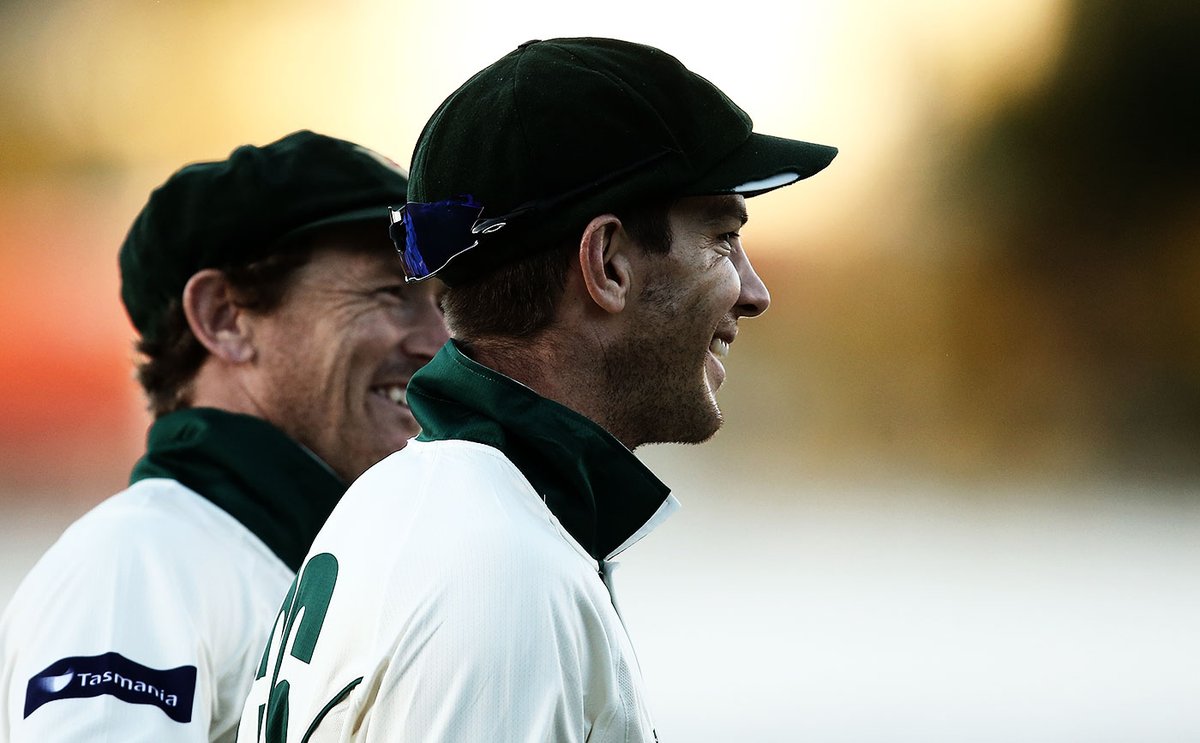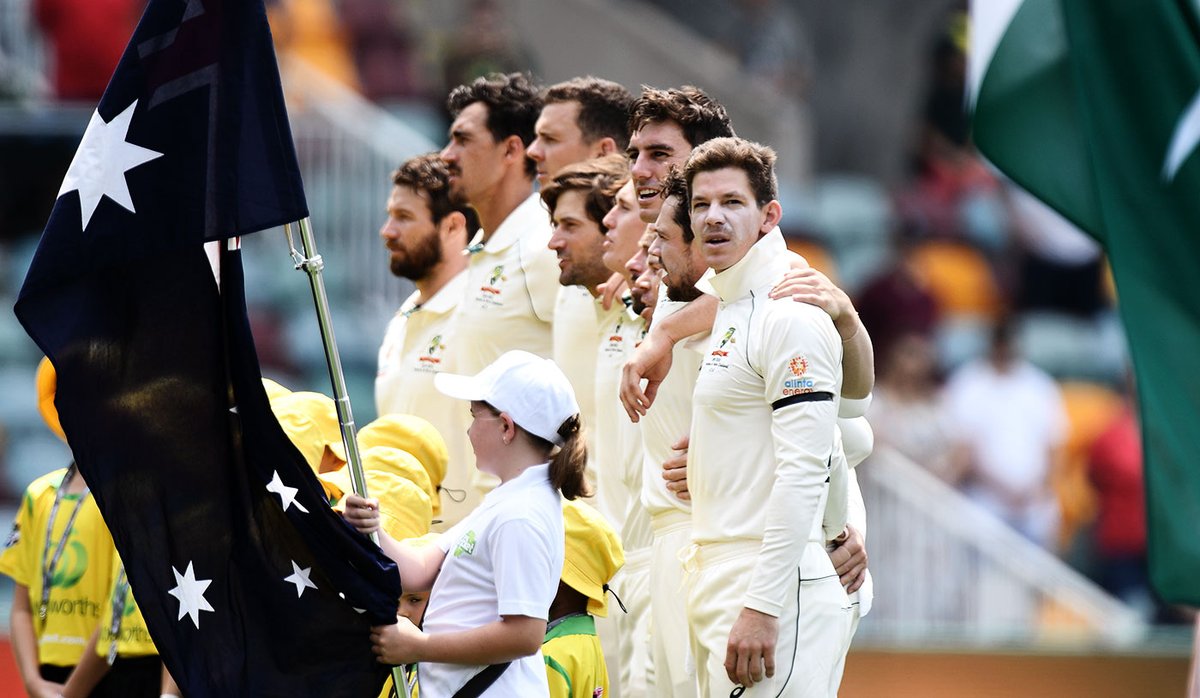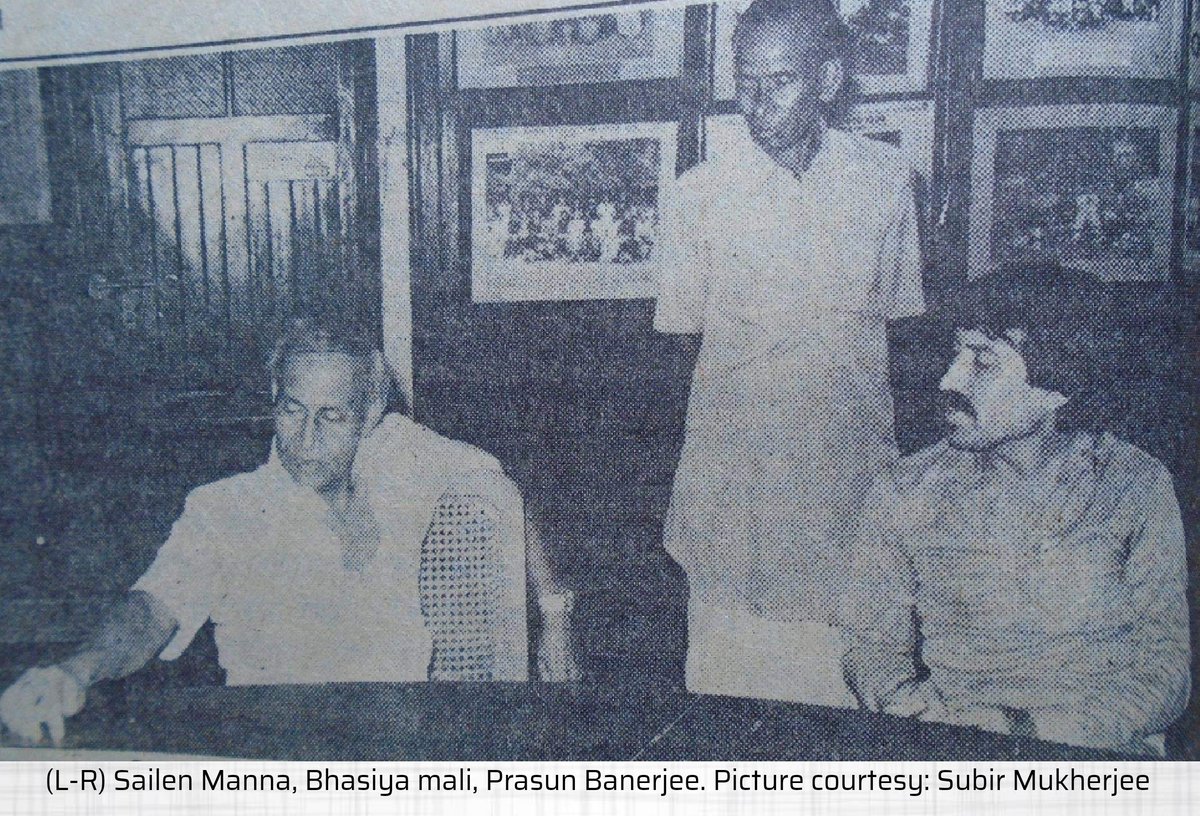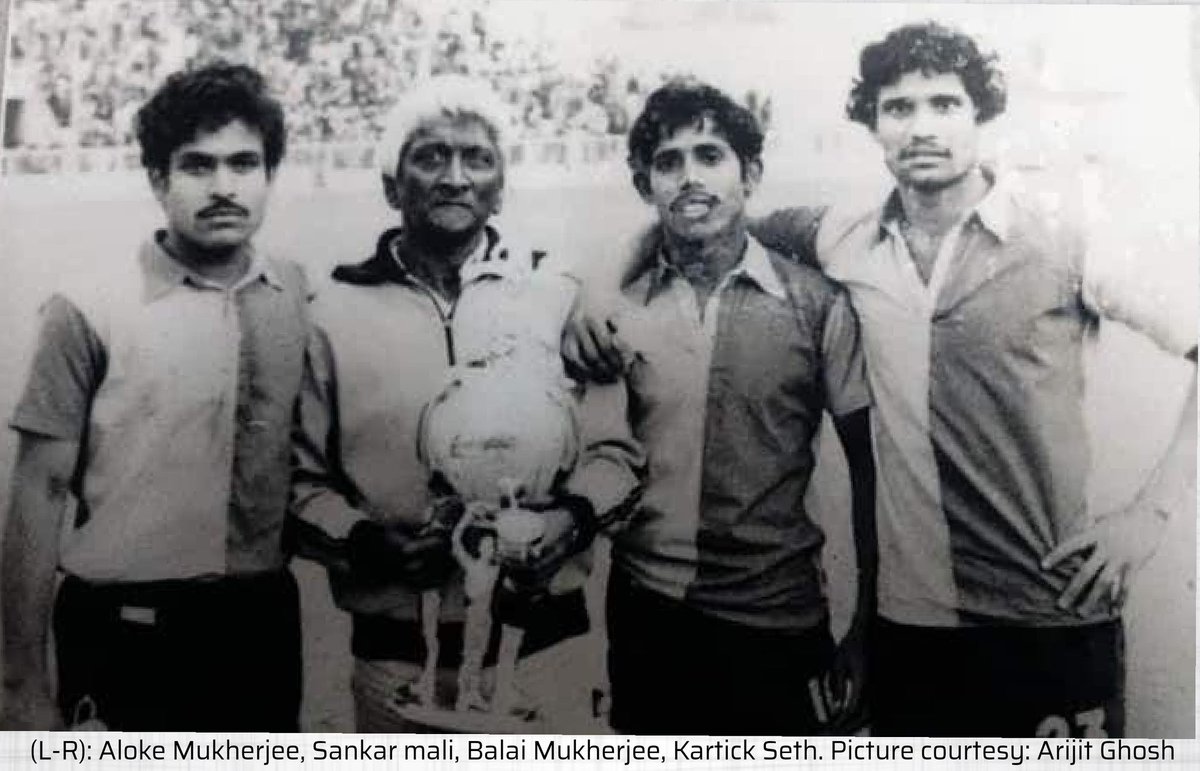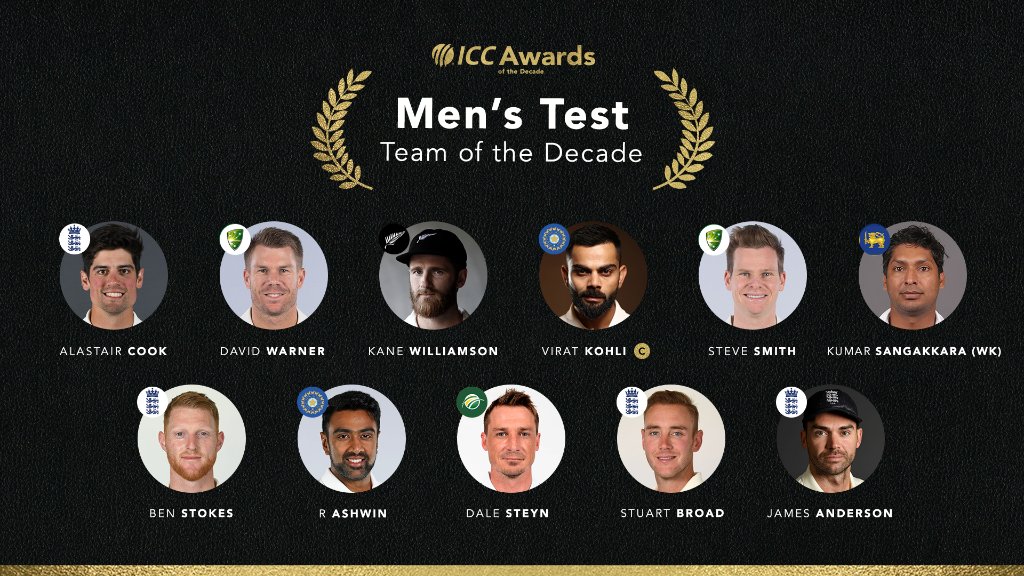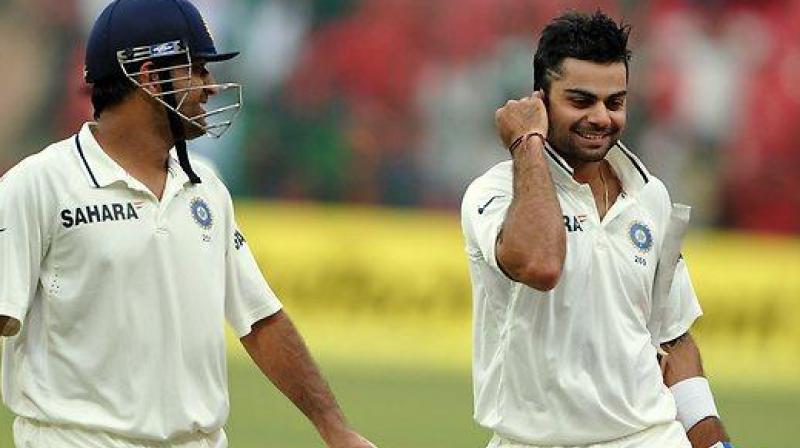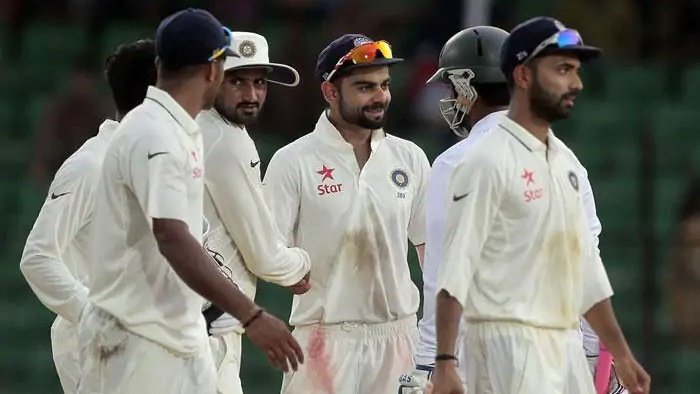Alex1Powell Categories Sport
7 days
30 days
All time
Recent
Popular
Aight. Here’s my favorite 2 stories about Bill Russell.
Both stories reveal how much of a humble human being he is. And one blows my mind because it dismantles what we think about the evolution of sports.
A thread:
The first is, that there is an assumption that today’s athletes are faster, stronger, etc. which is is based on ZERO evidence.
For instance, Wilt Chamberlain benched 465 lbs at 59 years old. Arnold Schwarzenegger says he benched 500 lbs on the set of Conan the Destroyer
Most basketball experts say Wilt has the highest vertical leap in NBA history. A few others argue that Michael Jordan did.
I think they’re both wrong.
Why?
Well let me tell you a story:
In 1956 Bill Russell was selected for the US Olympic basketball team
During this time, pros weren’t allowed in the Olympics, so the International Olympic Committee tried to say that he was ineligible since he had already signed with the Celtics, even though he hadn’t played yet
Luckily, Russell prevailed and led the team to the gold medal as the captain.
But if they would have stopped Russell from playing for the US basketball team, he would have STILL been in the Olympics.
How?
Because Bill Russell was one of the greatest high jumpers I. The world.
Both stories reveal how much of a humble human being he is. And one blows my mind because it dismantles what we think about the evolution of sports.
A thread:
Where is the thread? Love when you give us your take on these players. The KC Jones piece was outstanding. Had no idea.
— Bweasey (@Bweasey) December 27, 2020
The first is, that there is an assumption that today’s athletes are faster, stronger, etc. which is is based on ZERO evidence.
For instance, Wilt Chamberlain benched 465 lbs at 59 years old. Arnold Schwarzenegger says he benched 500 lbs on the set of Conan the Destroyer
Most basketball experts say Wilt has the highest vertical leap in NBA history. A few others argue that Michael Jordan did.
I think they’re both wrong.
Why?
Well let me tell you a story:
In 1956 Bill Russell was selected for the US Olympic basketball team
During this time, pros weren’t allowed in the Olympics, so the International Olympic Committee tried to say that he was ineligible since he had already signed with the Celtics, even though he hadn’t played yet
Luckily, Russell prevailed and led the team to the gold medal as the captain.
But if they would have stopped Russell from playing for the US basketball team, he would have STILL been in the Olympics.
How?
Because Bill Russell was one of the greatest high jumpers I. The world.
1/ The Queen's Gambit is apparently causing demand for chess to surge!
I play daily and coach at my kid's school, so I love seeing the interest
If you're want to learn about chess, here are some great free resources (thread)
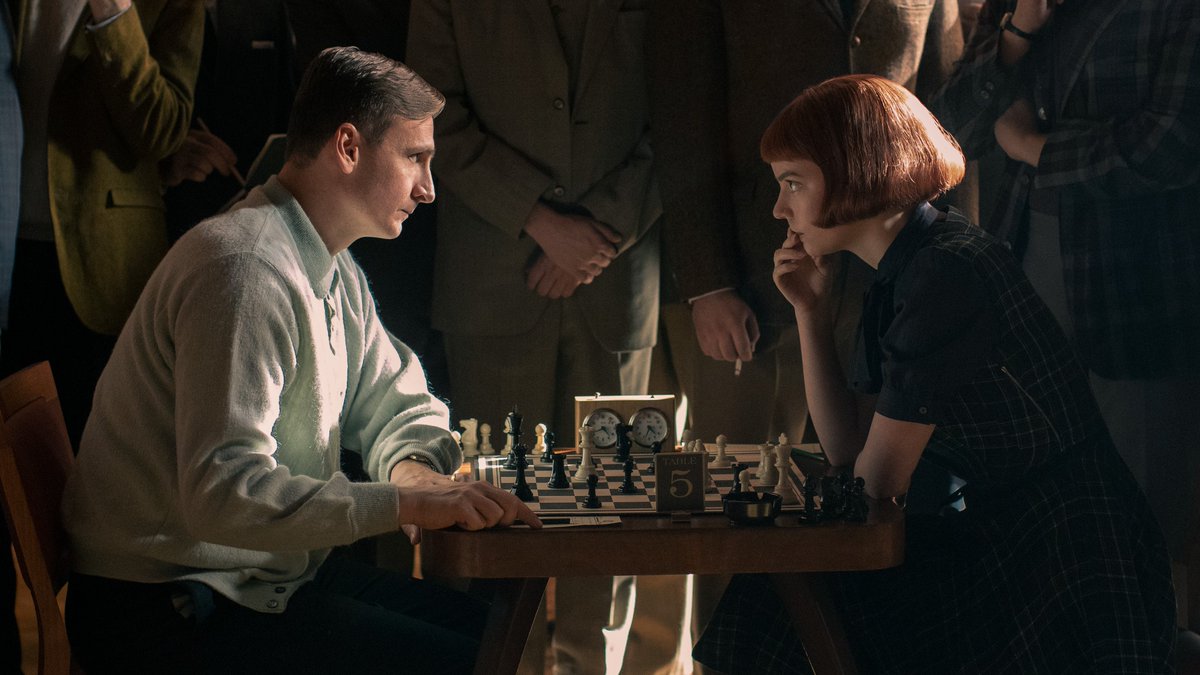
2/ How to play & basics
Great YouTube
3/ Opening principles
https://t.co/DGpYH4FzY2
@thechesswebsite
4/ Common beginner
5/ Advanced topics
Chess Holes:
https://t.co/hBwFFjV7RC
6 Power Moves of
I play daily and coach at my kid's school, so I love seeing the interest
If you're want to learn about chess, here are some great free resources (thread)

2/ How to play & basics
Great YouTube
3/ Opening principles
https://t.co/DGpYH4FzY2
@thechesswebsite
4/ Common beginner
5/ Advanced topics
Chess Holes:
https://t.co/hBwFFjV7RC
6 Power Moves of
Over 70 former professional rugby players are preparing for legal action against the sport’s governing bodies according to this report.
The group litigation seems to be in its early stages, but World Rugby & Unions will be starting to get twitchy.
THREAD on the key issues 👇🏼
1) Duty of care
Do the governing bodies (World Rugby, RFU, WRU etc) owe players a duty of care in respect of their health and safety? The answer is almost certainly yes (see for example Watson v BBBoC).
2) Breach of duty
Have the governing bodies breached this duty? This is the first of the major hurdles for any litigation.
The question is essentially whether they acted reasonably in the circumstances.
Did they know about the dangers of concussion and fail to act?
Or should they have done more to discover the dangers of concussion but failed to do so?
The NFL case was based on the fact that the NFL knew of the dangers and covered them up. I’d suggest that’s unlikely here. However, it may be that WR/Unions should have done more sooner.
Much will depend upon the state of medical/scientific understanding of concussion at the relevant times.
For example, in the early 80s it may be that there was no indication that concussion might cause long-term complications but, by the early 2000s, there was.
The group litigation seems to be in its early stages, but World Rugby & Unions will be starting to get twitchy.
THREAD on the key issues 👇🏼
Exclusive: Rugby faces group litigation action on concussion | @danscho1 reportshttps://t.co/i246r0c9IS
— Telegraph Rugby (@TelegraphRugby) December 7, 2020
1) Duty of care
Do the governing bodies (World Rugby, RFU, WRU etc) owe players a duty of care in respect of their health and safety? The answer is almost certainly yes (see for example Watson v BBBoC).
2) Breach of duty
Have the governing bodies breached this duty? This is the first of the major hurdles for any litigation.
The question is essentially whether they acted reasonably in the circumstances.
Did they know about the dangers of concussion and fail to act?
Or should they have done more to discover the dangers of concussion but failed to do so?
The NFL case was based on the fact that the NFL knew of the dangers and covered them up. I’d suggest that’s unlikely here. However, it may be that WR/Unions should have done more sooner.
Much will depend upon the state of medical/scientific understanding of concussion at the relevant times.
For example, in the early 80s it may be that there was no indication that concussion might cause long-term complications but, by the early 2000s, there was.
A (long) thread on why Andrew is correct but ultimately incorrect…
Andrew is correct at the neurological level. The cognitive and ecological explanations of the brain and behaviour are completely different. Saying you’re an eclectic coach at this level is like saying you
believe the earth is round and flat. It’s simply not possible.
You CANNOT say that in one activity you are helping players build representations/memory (cognitive) and in another activity you’re helping players attune to specifying information in the environment (ecological).
No matter how much we scream eclecticism, at the neurological level Andrew is correct. But after this Andrew is incorrect.
He is basing his critique of an ‘it depends’ stance at a neurological ‘representations vs information’ level (see his thread). But this isn’t the level that
‘it depends’ functions (in a coaching context). ‘It depends’ exists at the behavioural level (certainly not the neurological level). ‘It depends’ relates to decision making around individual and group differences, as well as context. Coaching, by and large, is about helping
people manage and change behaviour – how a coach does this will ‘depend’ on a number of individual, group and contextual factors. That is the most important level of coaching and we don’t have to go to the neurological level to deliver efficaciously and effectively
Andrew is correct at the neurological level. The cognitive and ecological explanations of the brain and behaviour are completely different. Saying you’re an eclectic coach at this level is like saying you
Many coaches advocate for picking and choosing methods from a variety of theoretical camps, on the premise that which is best \u2018depends\u2019 on the player, the coach, etc and you want the biggest toolkit you can get.
— Andrew D Wilson (@PsychScientists) November 27, 2020
I think this is an error, which I will now attempt to defend
believe the earth is round and flat. It’s simply not possible.
You CANNOT say that in one activity you are helping players build representations/memory (cognitive) and in another activity you’re helping players attune to specifying information in the environment (ecological).
No matter how much we scream eclecticism, at the neurological level Andrew is correct. But after this Andrew is incorrect.
He is basing his critique of an ‘it depends’ stance at a neurological ‘representations vs information’ level (see his thread). But this isn’t the level that
‘it depends’ functions (in a coaching context). ‘It depends’ exists at the behavioural level (certainly not the neurological level). ‘It depends’ relates to decision making around individual and group differences, as well as context. Coaching, by and large, is about helping
people manage and change behaviour – how a coach does this will ‘depend’ on a number of individual, group and contextual factors. That is the most important level of coaching and we don’t have to go to the neurological level to deliver efficaciously and effectively











